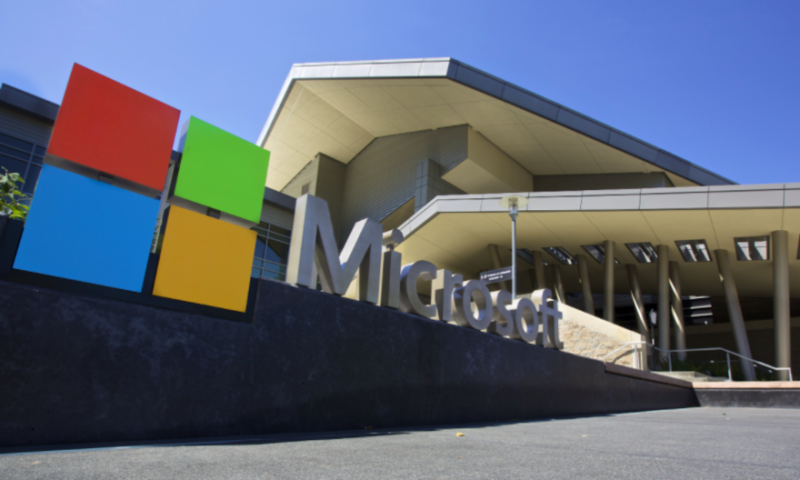Verily and the Broad Institute of MIT and Harvard hope to dramatically boost the reach of their open-source biomedical research platform through a new partnership with Microsoft.
The scalable Terra platform includes digital tools currently used by over 15,600 researchers, to analyze and collaborate on data gathered from nearly 2 million study participants spanning cancer genomics to infectious disease projects.
Now, Microsoft is signing on as an equal partner in Terra’s operation and development—and the computing giant plans to help drive its global adoption, by pulling it through its established network of AI and cloud-computing customers that includes over 168,000 healthcare organizations.
“Terra simplifies the process so researchers can analyze and share data they have generated, and access and analyze data others have made available without needing to duplicate datasets,” said Eric Lander, president and founding director of the Broad Institute.
“As an interoperable, open-source system, Terra is designed to work across many different types of biomedical information—moving aside barriers to storage, permissions and computing to enable collaboration and generate insights,” Lander said.
Terra will work with Microsoft’s Azure services as well as the cloud-based offerings from Verily’s corporate sibling, Google. Additionally, Microsoft plans to dedicate its own software engineering resources and lend its machine learning expertise to Terra’s efforts, while also using open application interfaces and internationally recognized modular software components.
“Terra’s adoption of [Global Alliance for Genomics and Health] standards is an important step forward,” said Helen Parkinson, head of molecular archival resources at the European Bioinformatics Institute. “By following these standards, Terra supports modularity and interoperability, which are key to creating a global and federated data ecosystem.”
Together, Verily, Microsoft and the Broad Institute expect to see the rate of new healthcare data—including all the information generated from genomic tests, digital scans, biometric signals and electronic health records—to reach dozens of exabytes by 2025, with each being equal to 1 billion gigabytes.
“Our three organizations share the goals of improving patient care, driving innovation in biomedical research, and lowering costs across healthcare and life sciences,” Verily Chief Operating Officer Stephen Gillett said. “This partnership combines multimodal data, secure analytics and scalable cloud computing to improve insight and evidence generation, allowing us to ultimately impact more patients’ lives.”

